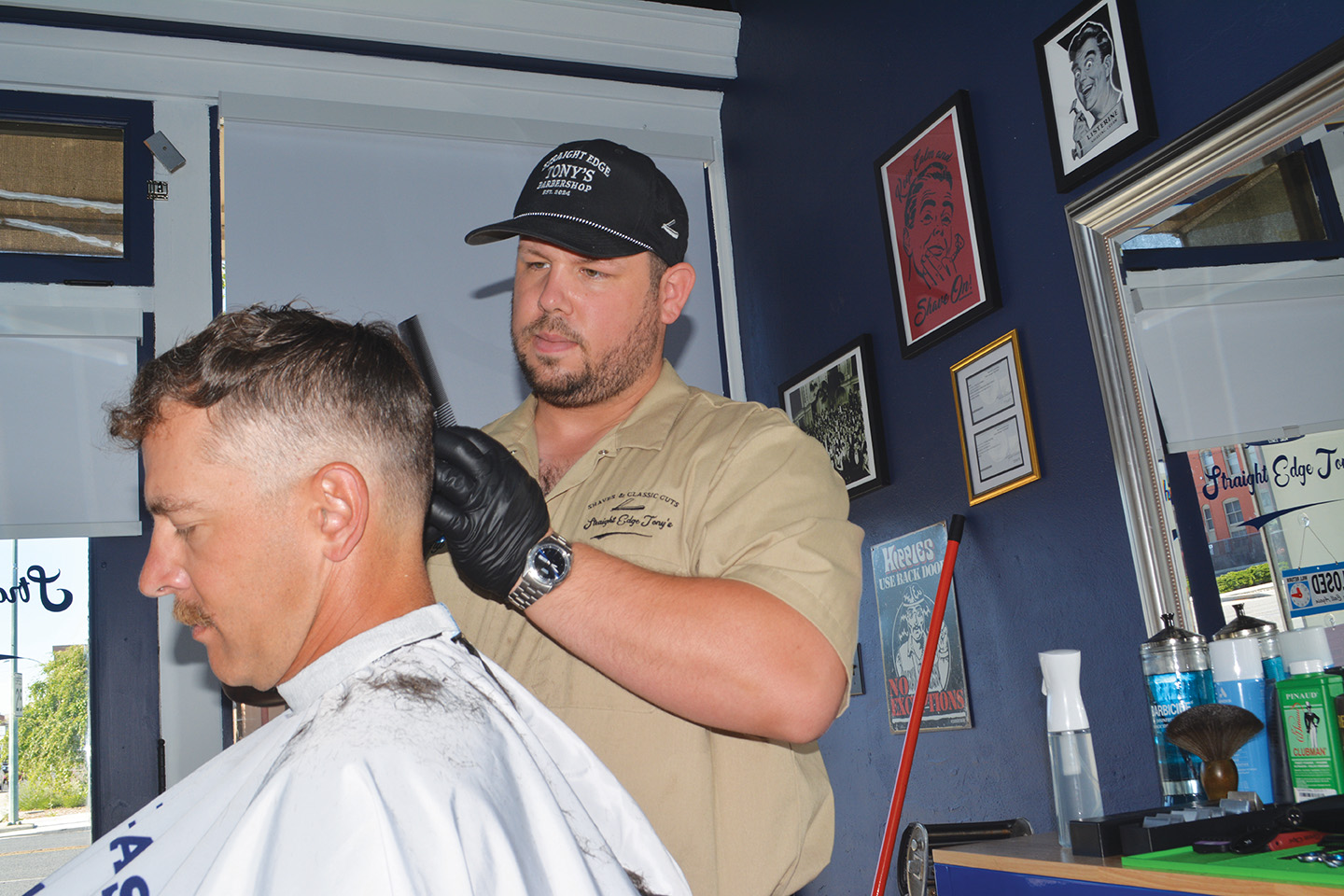COLUMN: Eternally grateful for our flawed health care system
Published 11:45 am Friday, October 20, 2023
America’s health care system is riddled with flaws, but I wasn’t thinking about any of them during the 90 minutes or so when a surgeon was attaching three new arteries to my dad’s heart.
Nor was I preoccupied with the system’s many problems as I sat in a Salem hospital room, less than two days after the surgeon literally had my dad’s life in his hands, and had a conversation with my dad, Alan Jacoby, that was utterly normal but for the setting.
I was, above all else, grateful.
Grateful for doctors whose confident and skilled hands can perform such a procedure — about 2,000 of them, in the case of my dad’s surgeon, Dr. Juan R. Oyarzun.
Grateful for the several nurses who treated my parents with compassion and obvious competence during a period of stress neither had reason to expect.
Grateful that just eight days after he went to the hospital with an accelerated heart rate, my dad was home, sitting in his recliner and recuperating, his repaired heart loping along with its
customary reliability.
I rarely have reason to ponder health care in America in anything but a theoretical sense.
I suspect this is so for most people who haven’t either been confined to a hospital bed, or visited a loved one in such a setting.
I read occasionally about matters such as insurance and the exorbitant costs of care and the debate over whether, as in most of the developed world, the federal government ought to oversee medical care for all Americans rather than those of a certain age (Medicare), income level (Medicaid) or veteran status (Veterans Affairs).
As with many complex questions of public policy, I am all but overwhelmed by ambivalence.
The attraction of government-run health care is obvious. Anyone who has pulled from an envelope a hospital bill and felt a sense of dread, while trying to make sense of the many digits next to the dollar symbol, can appreciate a single-payer system that alleviates fears of bankruptcy.
Yet I understand too that the alternative is not without potential pitfalls.
Many people would pay more in taxes.
There could well be longer waiting lists for certain procedures.
Yet those issues, important though they are during a dispassionate debate or discussion about our country’s health care system, seem insignificant when you’re in the midst of an actual, rather than a hypothetical, scenario.
What matters in the former situation is simple — does the system work?
My dad turned 78 in June. He has had no chronic health maladies, coronary or otherwise.
In my 53 years I had never seen him in a hospital room, connected to machines monitoring his vital signs.
On the evening of Oct. 1, he felt dizzy.
My mom, Kristine, drove Dad from their home in Mill City, about 30 miles east of Salem, to Santiam Hospital in Stayton, the town where my parents grew up and where I was raised.
His heart rate was far faster than normal, at 200 beats per minute.
Late that night an ambulance took my dad to the Salem Hospital, where tests showed three coronary arteries were blocked, one by an estimated 95%.
Four days later, on Oct. 5, Dr. Oyarzun, a cardiothoracic surgeon, operated on my dad’s heart.
The surgery was routine, or so I was told.
I accept, as a layperson, that the banal adjective “routine” can be applied in such cases.
But as someone who doesn’t wield scalpels for a living and who couldn’t tell one ventricle from another, I have a hard go of it. There is nothing remotely routine, in my experience, about tinkering with any organ, much less one as vital as the heart.
Four days later, on Oct. 9, my dad went home.
And four days after that, he and my mom, who have been married for almost 56½ years, drove a few blocks to Santiam High School to watch my niece, Sarah Pennick, don her tiara as the freshman class princess for the school’s homecoming court.
My two sisters — Julie, who is Sarah’s mom, and Alison — each texted photos of my dad, standing on the high school track, wearing his Santiam Wolverines ballcap.
I’m pretty familiar with the man — he’s my dad, after all — and if I wasn’t aware of what had happened to him over the previous two weeks I’m certain I wouldn’t have suspected, based on how he looks in those photos, that anything unusual had happened.
That he was, scarcely a week earlier, hooked up to machines that kept him alive while Dr. Oyarzun was giving new life to my dad’s heart, seems to me amazing.
Even though I understand that, in 2023, it isn’t, not really.
My dad continues to recover.
And although he didn’t feel badly until suffering from tachycardia on Oct. 1, he’s optimistic that once he’s fully healed from surgery, he’ll be even healthier and perhaps come to realize that symptoms he shrugged off were indeed real.
I hope so, too.
Regardless, I’ll be forever thankful that my dad lives in a place, and at a time, when a problem that could have killed him was instead fixed with the speed and apparent simplicity which I previously associated with an altogether different sort of repair.
I’m thinking here of replacing a balky valve in a car engine, or swapping out a malfunctioning hard drive in a laptop computer.
Things which, quite unlike my dad, can be replaced.








